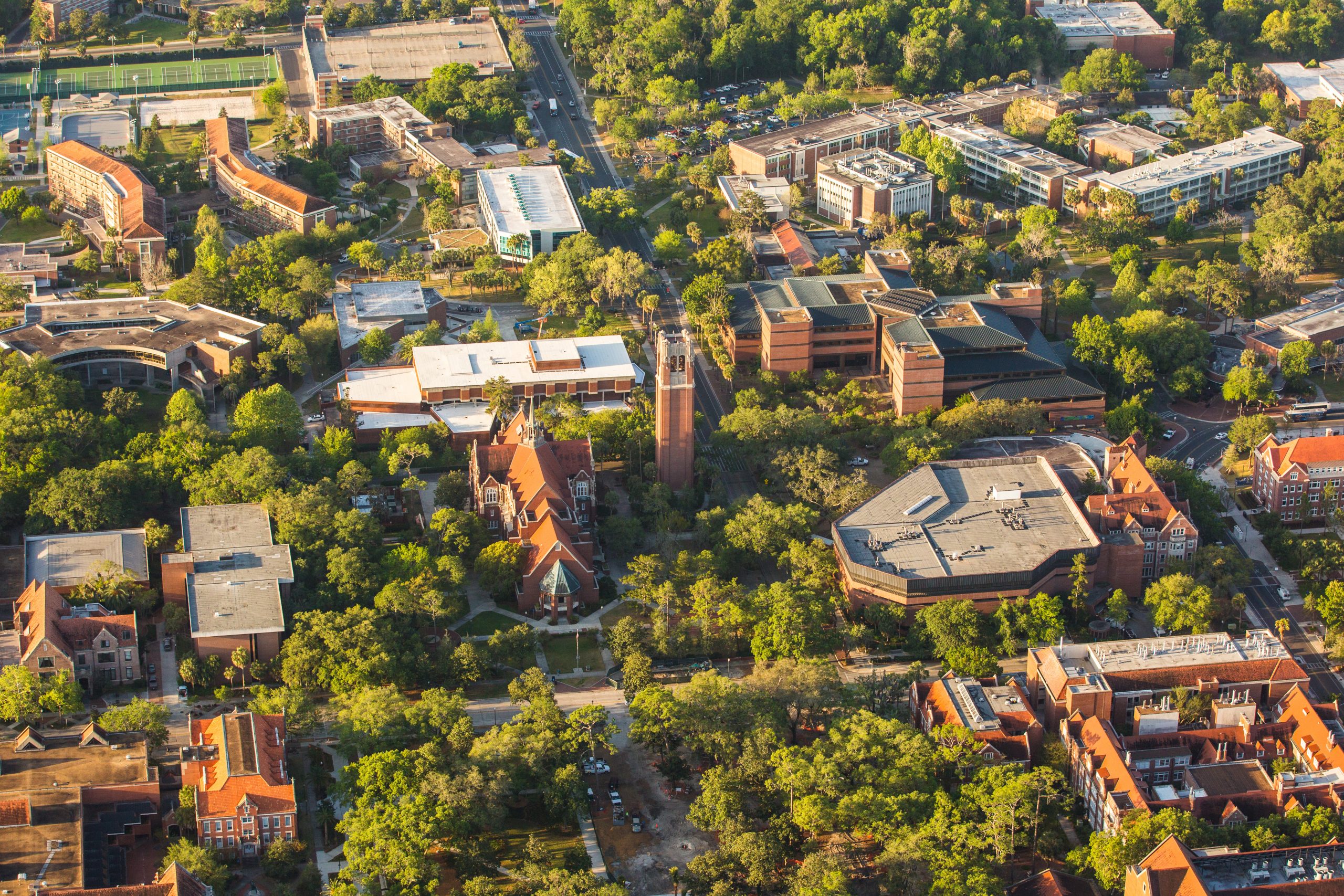
Animal Contact
According to the US Public Health Service, an occupational health program is required for institutions that employ personnel who have animal contact. The University of Florida Animal Contact Medical Monitoring Program grew out of the recommendations of the Association for Assessment and Accreditation of Laboratory Animal Care (AAALAC).
The UF program is designed to protect our employees, students, and volunteers from exposure to conditions that may result in animal related illnesses. The requirements of the program are based upon those outlined in the Public Health Services document, Guide for the Care and Use of Laboratory Animals and Occupational Health and Safety in the Care and Use of Research Animals published by the National Research Council. The UF program requirements were revised and approved by a faculty committee July 1, 1993. The latest revision was based on new requirements of the AAALAC in June 2002.
Program Information
Individuals who will be working with animals or who will be working in proximity to animals are required to participate in the medical monitoring program. They are provided with animal contact medical monitoring information and immunizations relating to their animal contact as part of their pre-placement health assessment.
In addition, the Institutional Animal Care and Use Committee (IACUC) verifies that all personnel listed on new and continuing projects are registered with the UF Animal Contact Medical Monitoring Program. The IACUC committee notifies the PI of any personnel who are not thus cleared for animal contact. Principal Investigators are responsible for ensuring that all personnel (including employees, students, colleagues, collaborators, and volunteers) involved with their IACUC-approved project are given program information. Investigators who do not respond to requests for registration may have their approval rescinded by the IACUC.
Individuals that have animal contact must participate in a risk assessment that includes contact information, health questionnaire and health assessment (physical examination, medical history, blood serum banking) based upon the type of animal contact, and immunizations as needed. This risk assessment is provided at no cost to the employee.
Visitors and volunteers must provide documentation of participation in an animal contact / occupational medicine program or they must register in the UF Animal Contact Program. Contact the EH&S Biosafety Office to discuss program requirements for individuals involved in isolated, non-recurrent exposures. The primary responsible party at the University of Florida (principal investigator, research director, student research coordinator, etc.) shall be responsible for assuring compliance with the notification requirements for all visitors.
